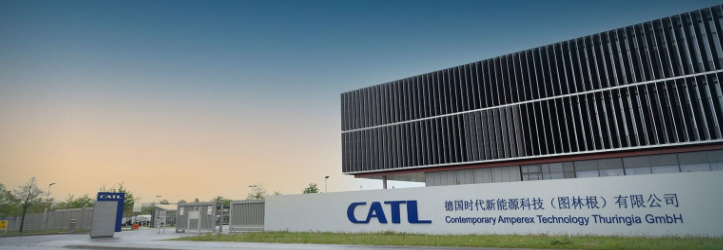Your location:Home >Automotive News >
Time:2022-05-31 10:54:11Source:
According to foreign media reports, according to the latest data from the auto industry data forecasting company AutoForecast Solutions (hereinafter referred to as AFS), as of May 29, due to the shortage of chips, the global auto market has reducedproductionby about 1.98 million vehicles this year.AFS predicts that the cumulative reduction in the global auto market will climb to 2.79 million units this year.
From a regional perspective, so far this year, China has reduced production by 107,000 vehicles due to core shortages, an increase from the previous figure of 92,000 vehicles, but in general, the cumulative production reduction in the Chinese auto market is not too large; Europe It is still the region with the largest cumulative reduction in vehicle production due to lack of cores in the world, but the trend of production reduction in Europe has slowed down recently.
AFS estimates that global automakers cut production by another 167,000 vehicles last week due to core shortages, with the rest of Asia being the hardest hit with around 111,000 vehicles.
Overall, the global chip shortage is gradually easing, and automakers are cuttingfewer and fewercars due to the lack of chips.Earlier, Volkswagen Group CEO Herbert Diess also saw a "significant improvement" in semiconductor supply and expected the company's global production to recover during the rest of the year.In addition, supply chain disruptions caused by the escalation of the situation in Russia and Ukraine are also easing.
"We are still seeing some positive signs," said Diess, who expects the semiconductor supply market to ease from the middle of this year."If it doesn't get worse, we'll see semiconductor supply ease in the middle of the year and better in the second half. But I don't think it will get worse."
Asked if that meant he expected the semiconductor crisis could end in the second half of the year, Diess replied: "I wouldn't say the semiconductor crisis might end, but we're seeing a lot of improvement. I think the supply chain It is gradually returning to normal.”
Statement: the article only represents the views of the original author and does not represent the position of this website; If there is infringement or violation, you can directly feed back to this website, and we will modify or delete it.
Picture and textrecommendation




2022-05-30 10:48:13

2022-05-30 10:47:43

2022-05-30 10:45:48
Hot spotsranking
Wonderfularticles

2022-05-30 10:45:16

2022-05-30 10:44:42

2022-05-30 10:44:06


2022-05-30 10:42:30

Popularrecommendations
